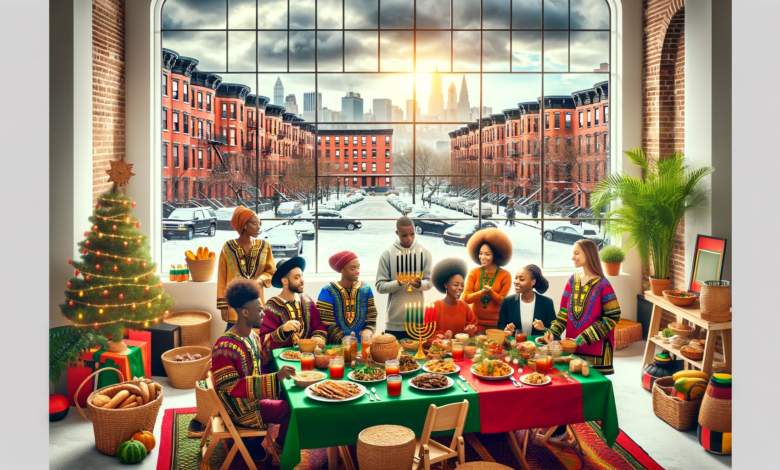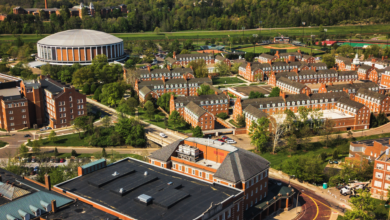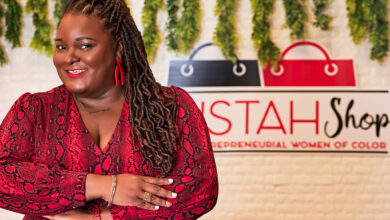Celebrating Heritage and Unity: Embracing the Spirit of Kwanzaa

Introduction
Kwanzaa, a week-long celebration held in the United States from December 26 to January 1, is more than a holiday; it’s a rich cultural expression. Created in 1966 by Dr. Maulana Karenga, Kwanzaa celebrates African heritage, unity, and culture. It’s a time when African Americans reflect on their collective past and their aspirations for the future. Unlike many holidays, Kwanzaa isn’t religious but cultural, drawing from various African traditions and practices.
The Seven Days of Kwanzaa
Each day of Kwanzaa is dedicated to a specific principle, known as the Nguzo Saba. These principles are not just themes; they are guidelines for personal and community development.
- Umoja (Unity): To strive for and maintain unity in the family, community, nation, and race.
- Kujichagulia (Self-Determination): To define ourselves, name ourselves, create for ourselves, and speak for ourselves.
- Ujima (Collective Work and Responsibility): To build and maintain our community together and make our brothers’ and sisters’ problems our problems and solve them together.
- Ujamaa (Cooperative Economics): To build and maintain our own stores, shops, and other businesses and profit from them together.
- Nia (Purpose): To make our collective vocation the building and developing of our community to restore our people to their traditional greatness.
- Kuumba (Creativity): To do always as much as we can, in the way we can, to leave our community more beautiful and beneficial than we inherited it.
- Imani (Faith): To believe with all our heart in our people, our parents, our teachers, our leaders, and the righteousness and victory of our struggle.
Celebrating Kwanzaa: Activities and Traditions
Kwanzaa isn’t just about reflection; it’s also about celebration and action. Here are some activities that can help you and your family celebrate Kwanzaa:
- Decorating with Symbols: Decorate your home with Kwanzaa symbols like the Kinara (candle holder), Mishumaa Saba (seven candles), Mkeka (mat), and Mazao (crops).
- Lighting the Kinara: Each evening, light one of the Kinara’s candles, starting with the black candle on the first night, then alternating from left to right.
- Sharing Stories and Discussions: Gather around to share stories, discuss the daily principle, and reflect on its meaning in your life.
- Cultural Performances and Music: Engage in traditional African music, dance, and performances that celebrate heritage and history.
- Community Service and Ujima: Participate in activities that help your community, embodying the principle of collective work and responsibility.
- Karamu (Feast): On December 31, host or attend a Karamu, a traditional feast that includes African and African-American dishes.
- Gift-Giving: Exchange modest, meaningful gifts, ideally homemade, that encourage growth, self-determination, and success.
- Crafts and Creativity: Engage in creating arts and crafts that celebrate African heritage and reflect the principle of Kuumba.
Embracing the Essence of Kwanzaa
Kwanzaa is a time for families and communities to come together to celebrate their African heritage and reinforce their bonds. By participating in these activities and embracing the Nguzo Saba principles, you contribute to a world where unity, purpose, and collective responsibility are not just ideals, but lived realities.
Kwanzaa’s celebration transcends the seven days at the end of December, inspiring individuals and communities to live by its principles throughout the year.





